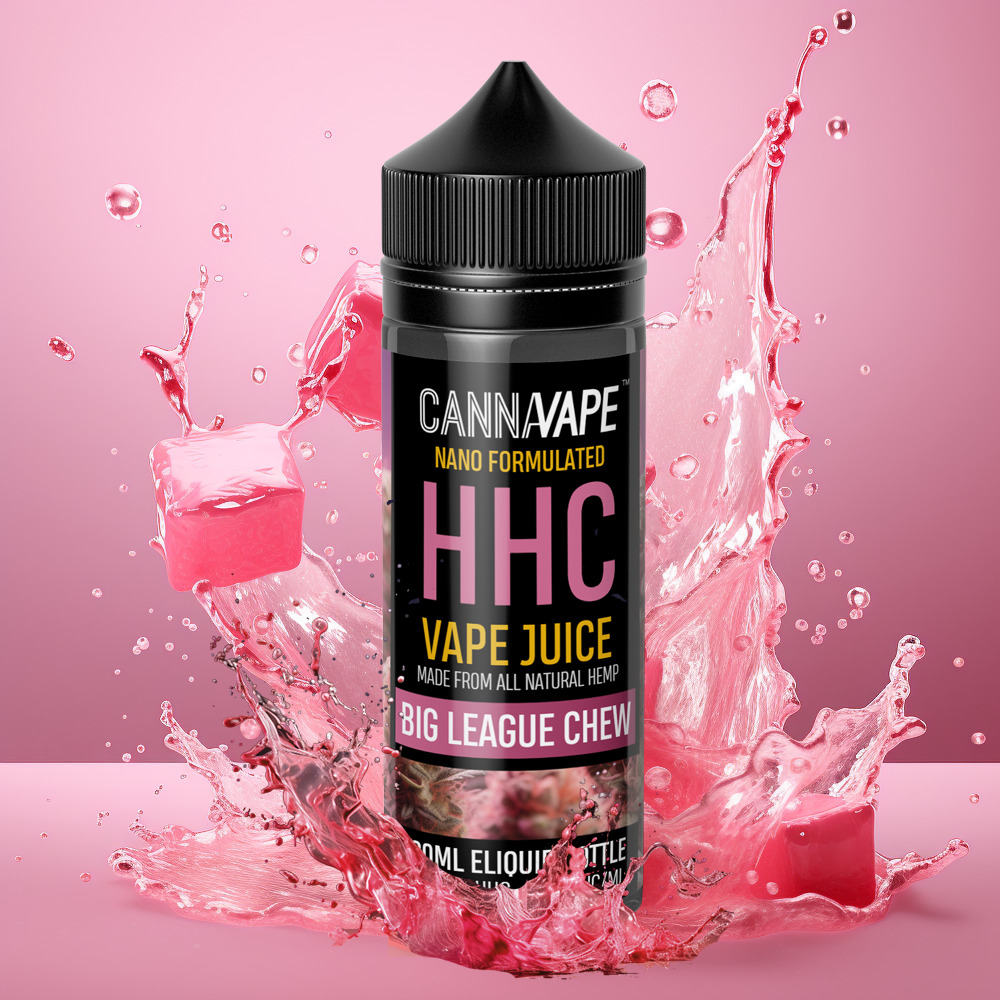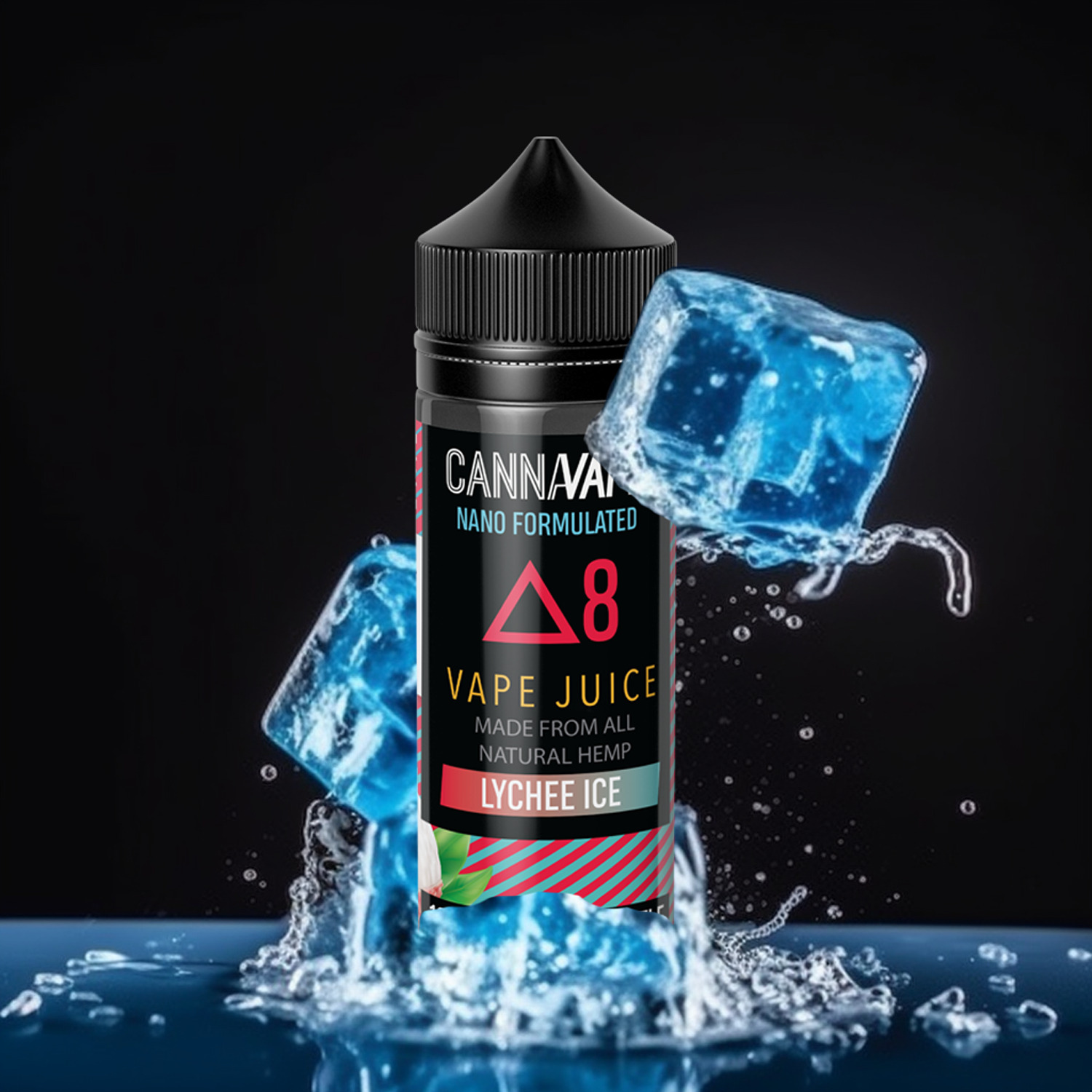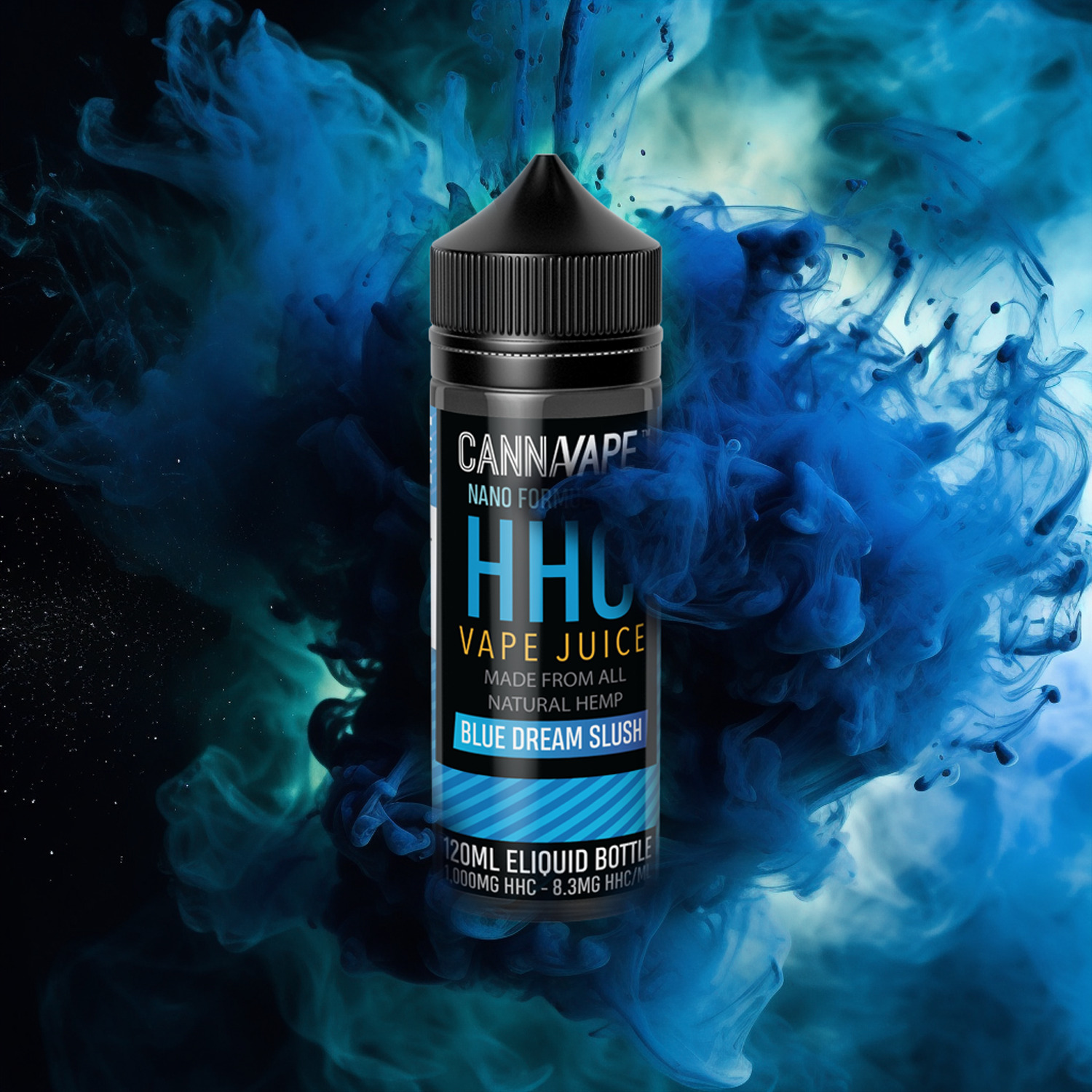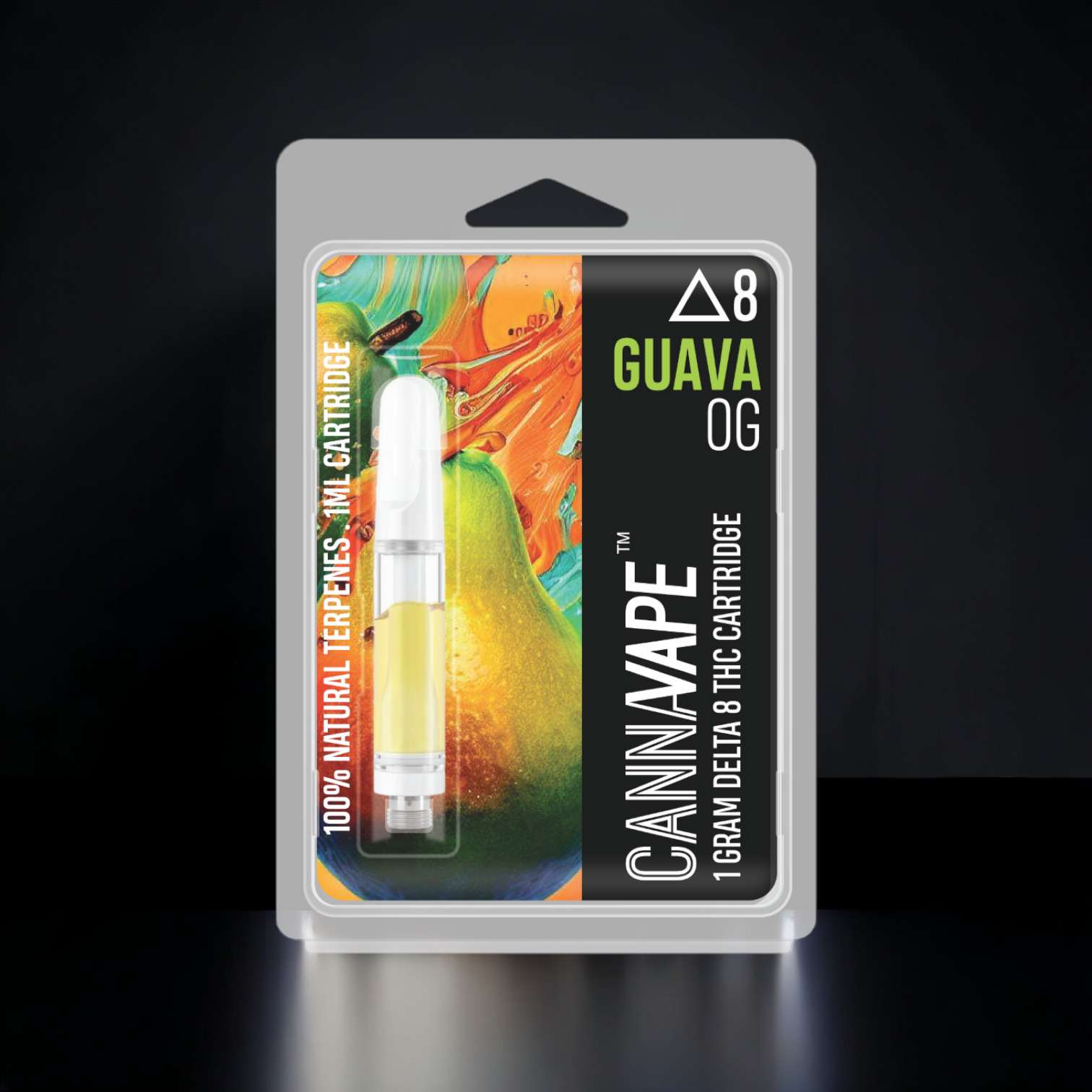The Ultimate Guide to Delta 8 THC: What It Is and How It Works
If you’re someone who enjoys exploring the latest trends in alternative wellness, then you may have already heard of delta 8 THC. This cannabinoid is quickly gaining popularity as a legal and accessible way to experience some of the benefits of cannabis without the psychoactive effects that come with delta 9 THC.
So what exactly is delta 8 THC? Simply put, it’s a cannabinoid found in small amounts within certain strains of marijuana plants. It shares many similarities with its more well-known cousin delta 9 THC, but there are some key differences that make delta 8 unique.
In this article, we’ll dive into everything you need to know about this fascinating compound and how it could potentially enhance your health and wellness journey.
The Basics Of Cannabinoids
Cannabis plants contain over a hundred different cannabinoids, each with its own unique properties and effects.
The two most well-known cannabinoids are delta-9-tetrahydrocannabinol (THC) and cannabidiol (CBD). THC is known for its psychoactive effects while CBD is non-intoxicating.
There are many other cannabinoid types in cannabis besides THC and CBD, including delta 8 THC. Delta 8 THC has similar effects to traditional THC but is less potent, making it more accessible for those who want the benefits of cannabis without feeling overwhelmed. It’s also legal on a federal level as long as it contains less than 0.3% delta 9 THC.
The reason why these cannabinoids have such powerful effects on our bodies is because we have an endocannabinoid system that interacts with them.
This system plays a crucial role in regulating various bodily functions such as mood, appetite, sleep, pain sensation, and immune response.
By understanding how cannabinoids interact with this system, scientists can create new treatments for numerous medical conditions.
What Sets Delta 8 THC Apart
Now that we understand the basics of cannabinoids, let’s dive into what sets Delta 8 THC apart.
First and foremost, it is important to note that Delta 8 THC has a slightly different chemical structure than its more well-known counterpart, Delta 9 THC. While both compounds are psychoactive and bind to the CB1 receptor in our endocannabinoid system, Delta 8 has an additional double bond on its eighth carbon chain.
This slight difference in chemical structure can lead to varying effects on the body and mind. Many users report feeling a milder high with Delta 8 compared to Delta 9, which can be attributed to its weaker binding affinity to the CB1 receptor. However, this does not mean that Delta 8 is any less potent or effective – it simply offers a unique experience for those who prefer a less intense psychoactive effect.
In addition to its potential therapeutic benefits, such as pain relief and anxiety reduction, Delta 8 also poses fewer legal risks compared to traditional cannabis products. This compound falls under a loophole in federal law that allows for the production and sale of hemp-derived products containing up to 0.3% Delta 9 THC.
As long as manufacturers follow strict regulations and ensure their product contains only trace amounts of Delta 9, they can legally market and distribute Delta 8 products such as Delta 8 THC vape juice and Delta 8 THC vape cartridges throughout most states in the US.
Potential Health Benefits
Benefits of delta 8 THC have been a topic of interest in recent times. Delta 8 THC is believed to be less potent than delta 9 THC, which means that it may not cause the same level of anxiety and paranoia as experienced by some users with delta 9 THC.
Moreover, research suggests that delta 8 THC has anti-inflammatory properties, making it useful in treating pain and inflammation. Other potential benefits associated with delta 8 THC intake include appetite stimulation, reduced nausea and vomiting, and better sleep quality.
Furthermore, some studies suggest that delta 8 THC can help regulate mood disorders such as depression and anxiety. However, more research needs to be conducted before definite conclusions are drawn on this subject.
It’s important to note that there are also risks associated with consuming delta 8 THC. While its effects are milder than those of delta 9 THC, they still exist. Overconsumption can lead to adverse side effects such as dry mouth, red eyes, impaired motor skills or memory loss.
In addition, because the legality of Delta-8-THC is still under review in many states across America and other parts of the world it’s essential for individuals to check their local laws regarding its use before trying it out themselves.
Legal Status And Availability
The legal status of delta 8 THC is currently under scrutiny, with regulatory challenges arising in various states. While some states have already banned the sale of delta 8 THC products, others are still debating its legality. However, it’s important to note that delta 8 THC derived from hemp is federally legal as long as it contains less than 0.3% Delta-9 THC.
Despite these regulatory challenges, the market for delta 8 THC has been steadily growing over the past year. In fact, many experts predict that it will continue to grow due to increased demand and consumer interest. This trend can be attributed to the unique effects of delta 8 THC compared to other cannabinoids such as CBD or Delta-9 THC.
As more research on this compound becomes available, consumers and regulators alike are becoming increasingly interested in learning about its potential benefits and drawbacks. As a result, we can expect continued growth in both the availability and demand for delta 8 THC products in the coming years.
How To Incorporate Delta 8 Thc Into Your Wellness Routine
Looking to add a new twist to your wellness routine? Delta 8 THC may be just what you need. This cannabinoid is known for its ability to provide a soothing and relaxing experience without the psychoactive effects of delta 9 THC. However, before incorporating it into your regimen, it’s important to understand both the benefits and risks.
Benefits:
- Reduces anxiety: Many people use delta 8 THC as an alternative treatment for anxiety.
- Pain relief: It has been shown to reduce pain and inflammation in some studies.
- Appetite stimulation: If you’re struggling with a lack of appetite or nausea, delta 8 THC may help increase hunger levels.
- Improved sleep: Delta 8 THC can also promote better sleep quality by reducing REM sleep.
Risks:
While there are plenty of benefits associated with delta 8 THC, it’s important not to overlook the potential risks. Here are some things to keep in mind:
- Legal gray area: Delta 8 THC isn’t technically illegal under federal law, but many states have banned it.
- Intoxication risk: While less potent than delta 9 THC, high doses of delta 8 can lead to impairment and intoxication.
- Side effects: Some users report side effects like dizziness, dry mouth, and red eyes when using delta 8 products.
Dosage and Administration:
When taking any type of cannabinoid product, dosage is key. Start low and go slow until you find the right amount that works for you. Additionally, make sure you purchase from a reputable source and follow all instructions closely.
Common methods of administration include vaping, tinctures or edibles.
Incorporating delta 8 THC into your wellness routine could be a game-changer if done correctly. Remember to weigh the potential benefits against the risks before trying this unique cannabinoid. And always consult with a healthcare professional before adding anything new into your routine!
Frequently Asked Questions
What Are The Potential Side Effects Of Using Delta 8 THC?
Short term effects of delta 8 THC can include dry mouth, red eyes, and increased heart rate.
However, individual experiences may vary depending on factors such as dosing recommendations and personal tolerance levels.
It is important to start with a low dose when using delta 8 THC for the first time to minimize any potential side effects.
As an expert in the field, I recommend consulting with a healthcare professional before incorporating delta 8 THC into your wellness routine to ensure safe and effective use.
How Does Delta 8 THC Compare To Delta 9 THC In Terms Of Potency And Effects?
When comparing Delta 8 versus Delta 9 THC, one of the most significant differences is potency. Delta 8 THC is less potent than its counterpart, meaning a user would need to consume more for similar effects.
However, there are also notable distinctions in how each compound affects users. For example, while both compounds can produce psychoactive effects, Delta 8 tends to be milder and produce fewer adverse side effects such as anxiety or paranoia.
Additionally, it’s worth noting that the legal status and regulations surrounding these two substances differ significantly; Delta 9 remains federally illegal in the United States, whereas Delta 8 exists within a legal gray area thanks to recent legislation allowing hemp-derived products containing trace amounts of THC.
As an expert on this topic, I recommend understanding dosage and sourcing before consuming either substance.
Is Delta 8 THC Safe For Long-Term Use?
When considering the long-term use of delta 8 THC, it’s important to weigh both the potential benefits and risks.
Some users report experiencing reduced anxiety and pain relief with minimal side effects, while others may experience negative effects such as paranoia or drowsiness.
It’s also worth noting that research on the safety of prolonged delta 8 THC use is limited at this time.
As an expert in this field, I recommend approaching any new supplement or substance with caution and consulting a healthcare professional before incorporating it into your daily routine.
Can Delta 8 THC Be Detected In Drug Tests?
Delta 8 THC has gained popularity in recent years due to its potential medicinal benefits and psychoactive effects. However, as with any substance, it’s important to consider workplace regulations and legal implications before using delta 8 THC.
Guava OG Delta 8 Vape Cartridge
While this compound is not necessarily illegal at the federal level, some states have banned or restricted its use. Additionally, many drug tests do not differentiate between delta 8 THC and other forms of THC, so it can potentially lead to failed drug tests for those who consume it regularly.
It’s essential to understand these factors when considering long-term use of delta 8 THC.
Are There Any Age Restrictions Or Limitations On Purchasing Delta 8 THC Products?
Age restrictions and legal status vary depending on the state when it comes to purchasing delta 8 THC products. Some states have implemented an age restriction of 21 years old, while others allow individuals as young as 18 to purchase these products legally.
It is important for consumers to research their local laws regarding delta 8 THC before making a purchase. Additionally, the legal status of delta 8 THC varies across the country, with some states banning its sale altogether.
As a delta 8 THC expert/writer, I advise all potential buyers to do their due diligence and stay informed about any updates or changes in regulations surrounding this compound.
In Short
In conclusion, Delta 8 THC is a relatively new and exciting addition to the cannabis market. While it offers many of the benefits associated with traditional THC, such as pain relief and relaxation, it also has some unique characteristics that set it apart from its more well-known cousin.
As an expert in this field, I believe that Delta 8 THC shows great promise for those seeking alternative forms of medicine or recreation. However, it’s important to remember that like any substance, there are potential side effects and risks associated with using Delta 8 THC.
It’s always wise to consult with a healthcare professional before adding any new supplements or substances to your routine. Ultimately, whether you’re looking for pain relief or just want to experience a different kind of high, Delta 8 THC may be worth exploring further.




